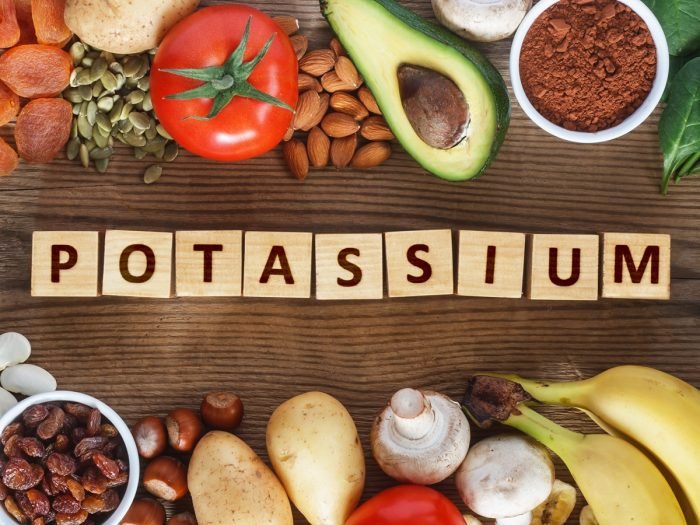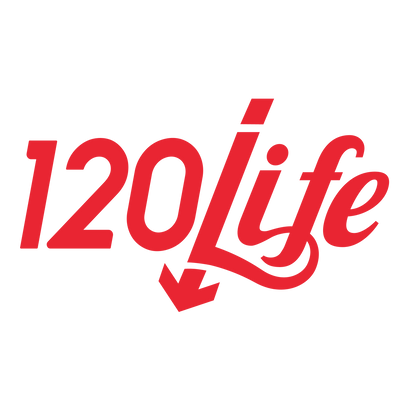Apparently this stuff works - Mike M.
You can feel the difference - Kevin K.
My BP was 157/101... now it is 129/87 - Latasha G.
Seems to work... lowered my numbers by 7% - Scott L.
It is a life saver - Golda C.
I feel better, I have more energy - Alex Y.
My BP went down 10 points in 2 weeks - Lucy W.
I have only been drinking it for 2 weeks and my BP numbers have gone down - Elizabeth S.
Apparently this stuff works - Mike M.
You can feel the difference - Kevin K.
My BP was 157/101... now it is 129/87 - Latasha G.
Seems to work... lowered my numbers by 7% - Scott L.
It is a life saver - Golda C.
I feel better, I have more energy - Alex Y.
My BP went down 10 points in 2 weeks - Lucy W.
I have only been drinking it for 2 weeks and my BP numbers have gone down - Elizabeth S.
Add description, images, menus and links to your mega menu
A column with no settings can be used as a spacer
Link to your collections, sales and even external links
Add up to five columns
Add description, images, menus and links to your mega menu
A column with no settings can be used as a spacer
Link to your collections, sales and even external links
Add up to five columns
Potassium and Its Heart Health Benefits
July 27, 2023 3 min read

If you’re among the nearly half of American adults who have received a diagnosis of hypertension, you may recall that one of the first things your healthcare professional told you was to limit your sodium intake (as discussed in our previous blog post). However, there is also an abundance of research linking an increased incidence of hypertension with low levels of potassium—so much so that researchers are now suggesting that naturally increasing your potassium levels may be as important as decreasing your sodium levels.
What Does Potassium Does to the Heart
The role potassium plays in our body are numerous and the heart is no different. In terms of hypertension, there are two I’d emphasize:
1) Potassium has the ability to lessen the effects of sodium. The more potassium we eat, the more sodium we pass out of our body through urine.
2) Potassium helps lessen tension in our blood vessel walls, which in and of itself helps to lower our blood pressure.
How Much Potassium Per Day?
The recommended intake for potassium is 4700mg/day. That’s actually a pretty manageable amount. But the important part is that you get that potassium from the food you eat… not from supplements.
Generally speaking, one won’t get more potassium than they need if they get it all from food. There are some exceptions to this rule—for instance, if you develop kidney disease, you might need less potassium in your diet—but they aren’t common. That being said, the reverse is also true: one can overdo it if they take potassium supplements and/or use salt substitutes that contain potassium chloride.
What Foods Are High in Potassium
Potassium is largely found in fruits, vegetables, low fat dairy and fish. If you’re eating a diet that includes a lot of processed foods, then there’s a good chance that you’re not getting enough potassium.
Generally, the recommendation is that we eat five times more potassium than sodium. Most of us eat a diet so filled with sodium that we only get two times as much potassium as sodium.
The DASH Way of Life
DASH stands for Dietary Approaches to Stop Hypertension. Originally designed to lower blood pressure, the DASH approach to eating has ranked as US News and World Report’s best diet 8 years in a row, occasionally tying for first place with the Mediterranean Diet. There are two kinds of DASH diet: the Standard DASH (2300mg sodium) and the Lower Sodium DASH (1500mg sodium).
Sticking to DASH is great for normalizing blood pressure, but it also has added health-enhancing benefits, like aiding weight loss, lowering cholesterol and managing/preventing diabetes.
What makes DASH workable is that it’s flexible. It’s a way of life as opposed to a “restrictive” time-limited “diet”. It’s a way of eating that each and every one of us, with or without hypertension, would be better off adopting.*
To set you up for success at normalizing your blood pressure, I’m providing you with a pair of free and useful resources. First is a link to the DASH Eating Plan, which will help you navigate the rules that come with adhering to DASH. Second is a link to some delicious and healthy DASH recipes, which should help you incorporate DASH into your life right away.
Here’s to your health!
* Note we have one point of difference with the DASH plan: we discourage inclusion of margarine among acceptable fats and oils, given that their fat content is hydrogenated.
Leave a comment
Comments will be approved before showing up.
Subscribe
Sign up to get the latest on sales, new releases and more …

